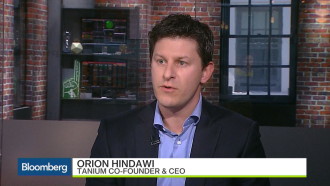 Cloud and data centre player Node4 has issued a market report which shows that the mid-market is feeling rather optimistic despite Brexit.
Cloud and data centre player Node4 has issued a market report which shows that the mid-market is feeling rather optimistic despite Brexit.
The mid-market has long been one of the number one target areas for the channel and it is believed that budgets in that segment will rise this year.
Node4 said that while Brexit is a dark cloud which is causing some concerns with business leaders worried about the impact that the process to leave the EU will have on their prospects, most mid-market firms are optimistic.
More than 77 percent of mid-market firms are expecting budgets to rise this year with 22 percent of that total looking forward to more than a 10 percent increase.
Hosted and cloud-based services are scooping up most of the cash with IaaS and security as a service the two top areas. Managed services and disaster recovery as a service are expected to follow suit.
A third of those quizzed had Brexit concerns and many thought that the channel could be doing more to support them through potentially challenging times.
Paul Bryce, business development director at Node4 said that mid-tier companies were the UK economy’s engine and so it was promising that investment was taking place in the IT infrastructure that will help to fuel further growth.
“It is no surprise that mid-market companies are embracing the cloud, which affords a huge opportunity to drive efficiency, agility, scalability, and to empower workforces,” he said.



















